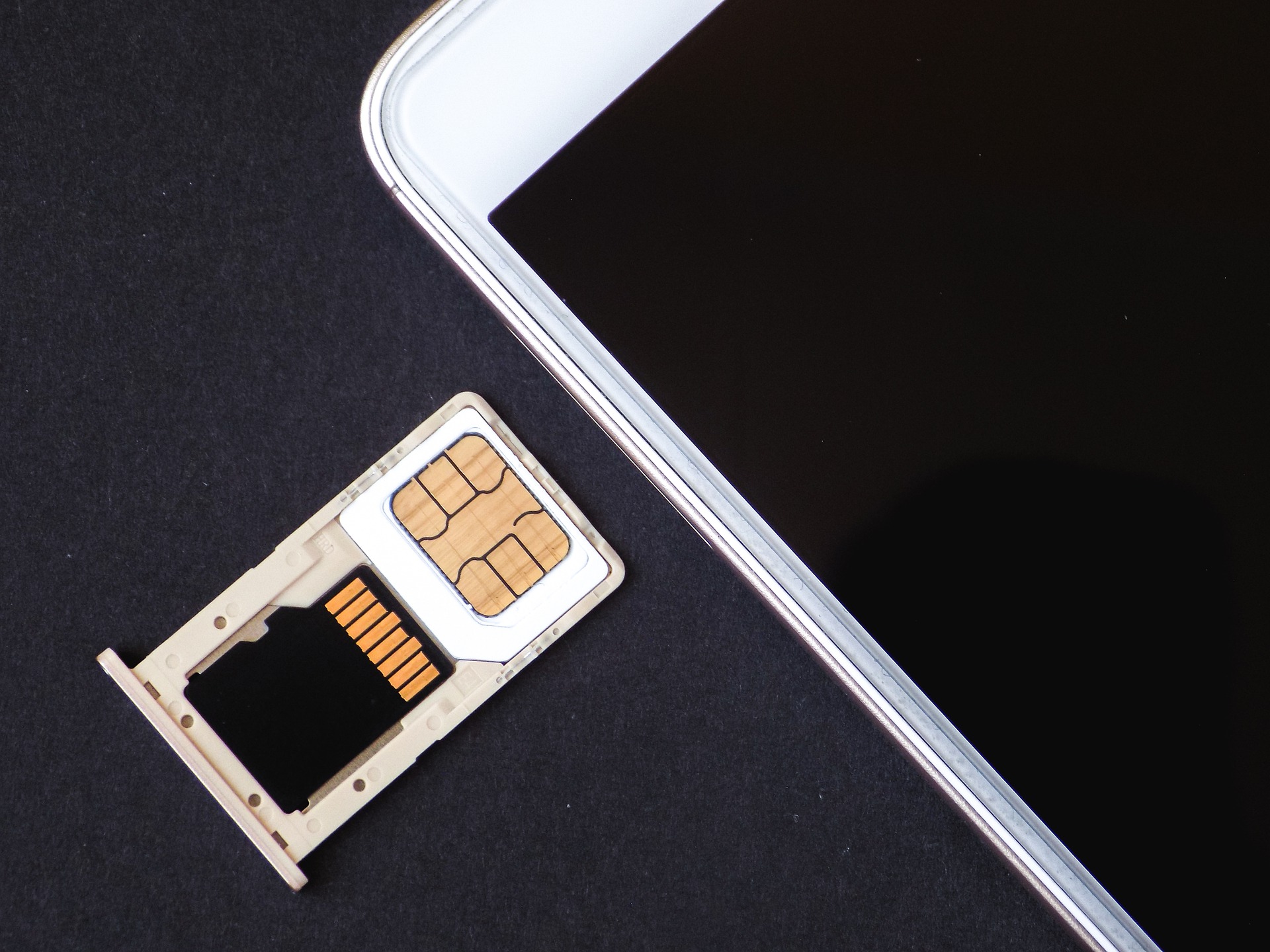
Between the dozens of brands and the hundreds of models to choose from, buying a phone can become an overwhelming task.
Things only become more confusing when your salesperson throws words at you like gigabytes, RAM, and operating system.
Just because a phone’s description is filled with fancy words does not mean that it is the best fit for you or the device you should avoid.
Here is a rundown of smartphone terms you should know and understand when you want to buy a phone.
Gigabyte or GB:
A gigabyte is a unit of stored data used for smartphones, computers, and tablets. GB can measure both memory and RAM.
Memory:
Memory is a phone’s long-term storage capacity measured by GB. The amount of memory a phone has determines how much of your photos, contacts, apps, songs, and other features can be stored. Phones typically have 16GB, 32GB, 64GB, and 128GB of storage.
RAM or Random-Access Memory:
RAM is important because it is the short-term memory needed to store the information and programs that your phone is currently running. Your device will use more RAM when you have more apps running simultaneously. If you do not have enough RAM to support all of your apps and services opened, you may start to notice your phone working slowly, freezing, or crashing.
Carrier:
A phone carrier is a company that provides your phone’s services. Without a carrier, your phone number would not be activated and you would not be able to connect to others. The most common phone carriers are AT&T, T-Mobile, Verizon, and Sprint.
SIM or Subscriber Identity Module Card:
A SIM card is a circuit responsible for securely storing a unique phone number and personal data.
3G, 4G, and 5G:
The G in (insert number)G stands for Generation; specifically a certain generation of wireless network technology. The greater the number, the newer the generation, and the greater the possibilities for technology. 5G is the latest generation and the best to come yet. It is claimed to be 10 times faster than 4G and can connect to more technology than ever before.
iCloud, Google Drive, Samsung Cloud:
iCloud, Google Drive, and Samsung Drive are all services that securely store your personal information that is on your device. Your photos, files, and other data can be found on the cloud if you give your device permission to store it. These services become very useful in the case that the data is wiped from your phone.
Siri, Alexa, and Cortana
Siri, Alexa, and Cortana are all virtual AI assistants that can help you navigate your phone better. Once you activate them by saying “Hey Siri,” “Alexa,” or “Hey Cortana,” you can ask questions and get information quickly, make calls and send texts hands-free, set reminders and note important dates, and much more.
iOS:
Created by Apple, iOS is a mobile operating system that runs the company’s handheld devices.
This rundown consists of essential and secondary specs for your phone. Gigabytes, RAM, and memory are all important elements, whereas iCloud, Siri, and iOS are not essential but definitely a plus to have.
With all of these elements in mind, a phone becomes more valuable when these specs are included. A 128 GB phone is going to cost more than a 16 GB phone. A 5G phone is going to cost more than a 4G phone.
These specs are also important if you want to sell your phone. If your device is a newer model in great condition, unlocked, and has a lot of storage space, you are going to make a lot of money back.
Photo Credit: tomekwalecki via Pixabay

